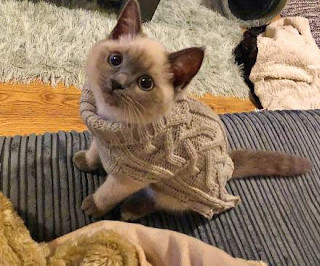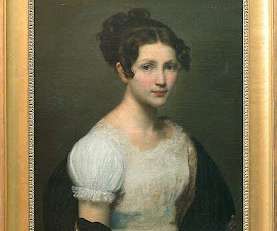Derivative works: the Adventures of Koons and Tintin in French copyright law
Kluwer Copyright Blog
SEPTEMBER 1, 2021
Like most copyright systems, French copyright law does not leave much room for the freedom of authors of transformative graphic works (also called “derivative works”). Three interesting cases on derivative works, two involving Jeff Koons and one Tintin, have recently put French copyright law in the international spotlight (e.g.













Let's personalize your content